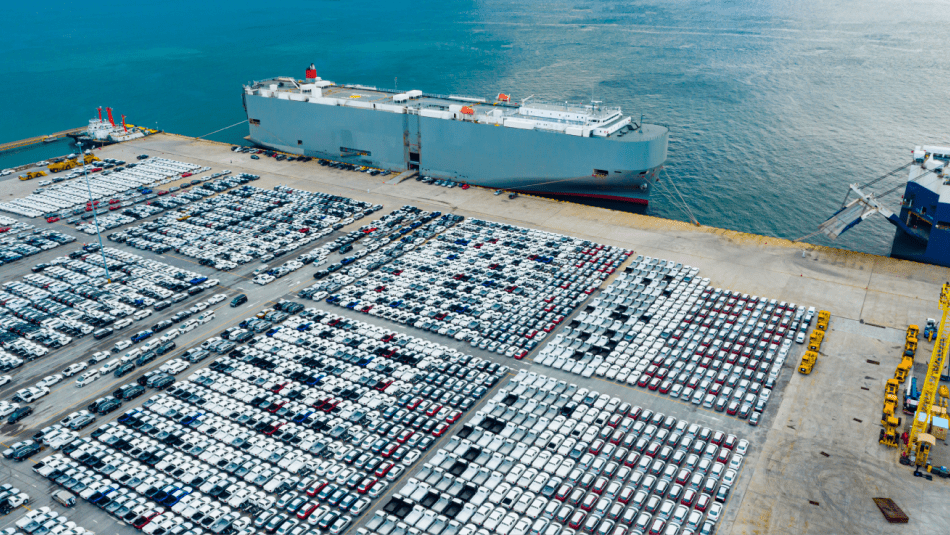
Share
TORONTO—Unifor welcomes the federal government decision to impose an additional 100% tariff on all new energy vehicles imported from China as well as a new 25% tariff on imports of steel and aluminum.
“Canada can and must protect auto and manufacturing jobs here in this country, which thousands of workers rely on for their livelihoods,” said Unifor National President Lana Payne. “There is no justification to trade away high-paying, high-skilled jobs for cheap high-carbon intensive vehicles build under deplorable working conditions. Our union welcomes the Canadian tariff that matches the U.S. to present a united front in support of the auto sector and the communities that benefit from it. We must all remember that cheap comes at a very high cost – a cost to good Canadian jobs and communities.”
In the union’s recommendations during the government’s consultations on Chinese trade practices in electric vehicles Unifor recommended a federal tariff of 100% above MFN rate on all new energy vehicles imported from China. Unifor also recommended a 25% tariff above MFN rate on battery products and battery-related components of importance to Canada that it will continue to push the government to enact during the just announced second consultation period.
Unifor does welcome the eligibility restrictions on Chinese EVs from the Incentives for Zero-Emission Vehicles, Medium and Heavy Duty Zero Emission Vehicles and the Zero Emission Vehicle Infrastructure Program, although the federal government has not yet committed to extending these programs, which remains a concern.
Unifor also strongly supports the proposed additional 25% tariff on imports of steel and aluminum products from China, a move that will further support thousands of Unifor members producing goods that, for years, have had to unfairly compete with Chinese-made goods.
Read Unifor’s submission and full recommendations here.
In under four years, Canada secured nearly $50 billion in major auto and EV battery supply chain investments, including nine large “greenfield” factories. These nine investments are expected to create at least 12,000 new, direct jobs in Canada. Forecasters now expect annual Canadian passenger vehicle production to expand in the coming years by 37% to approximately 1.8 units by 2031.
“A flood of low-cost EV imports from China would undermine everything being done to rebuild and grow a strong and truly national automotive sector, one that competes on the world stage. Measures to address unfair trade advantages, obtained through improper and illicit practices, are overdue,” said Payne. “We will not allow Chinese automakers to undermine Canadian workers and the development of an advanced, future-facing auto industry with the good union jobs and economic benefits it will bring to our communities. Our members have worked very hard to get here and make no mistake we will not go back.”
Unifor represents more than 40,000 workers in heavy and light-duty vehicle and powertrain assembly, as well as automotive component parts manufacturing, distribution as well as engineering, clerical and security operations. Thousands more Unifor members work in vehicle dealerships and vehicle servicing businesses throughout the country.
Unifor is Canada’s largest union in the private sector, representing 320,000 workers in every major area of the economy. The union advocates for all working people and their rights, fights for equality and social justice in Canada and abroad, and strives to create progressive change for a better future.
For media inquiries or to arrange interviews via FaceTime, Zoom, or Skype please contact Unifor Communications Director Kathleen O’Keefe at @email or by cell at (416) 896-3303.


